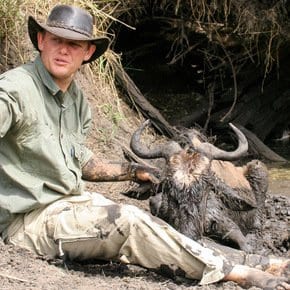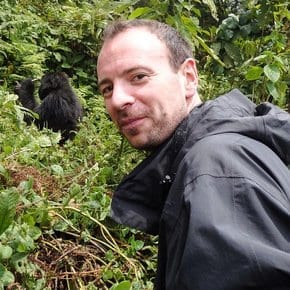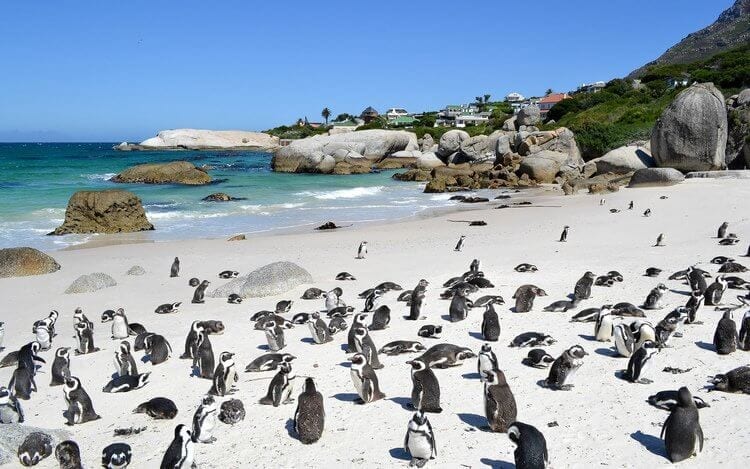
The Big Five of the Sea
March 10, 2017
Best Madagascar Holidays for First Time Visitors
March 16, 2017
The Big Five of the Sea
March 10, 2017
Best Madagascar Holidays for First Time Visitors
March 16, 2017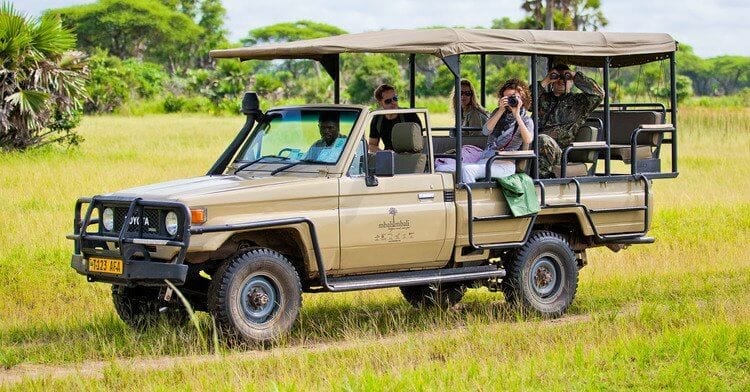

There are many things to consider when you are packing for your first safari. But don’t worry we are here to help you. We have listed some of the things to consider and a checklist.
What kind of clothes should you take?
Well, this all depends on what time of year you are going. If you are going in May, June or July, you will need to take long pants, gloves and a jacket. The reason for this is the mornings and evenings can get chilly, but the days are usually very pleasant. You should wear neutral colour clothes like khaki. You should avoid bright colours and white as they draw attention to you. Some places also ask you to avoid black and navy blue as tsetse flies are attracted to dark colours. If your wardrobe is full of dark colours then maybe you should purchase a few khaki tops and shorts. You could mix the khaki tops with jeans and dark tops with khaki shorts. The closer the destination is to the equator the warmer it will be, day or night.
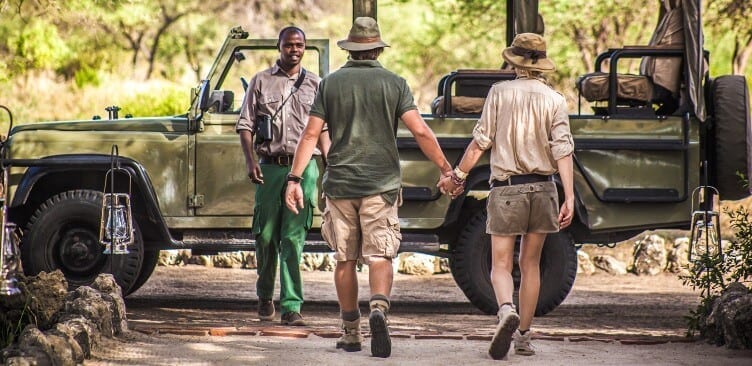
What about laundry?
About 98% of the lodges do have laundry services and these services are typically included in the price. However, the laundry service could take up to 24 hours, so if you are spending a couple of days at a lodge remember to do your laundry 24 hours in advance. Lodges also usually provided washing powder so you can wash your delicates if you do not send them to the laundry service.
What shoes should you wear?
It depends on what you are doing. If you are going to be hiking on your safari then you should take hiking boots. The same applies if you are going to be doing a lot of walking, hiking boots or comfortable, stable walking shoes would be recommended. However, if you are not hiking or doing a lot of walking then normal trainers will do the job perfectly.
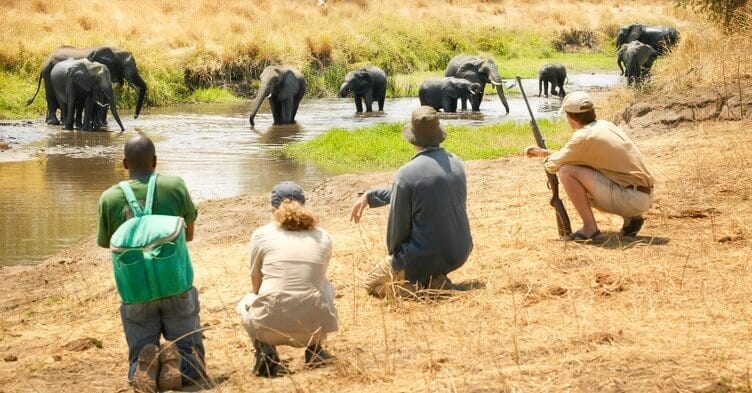
Do you need smart clothes?
This all depends on the lodge you are staying at. Most lodges are usually casual, however, there are some lodges that require a smart-casual dress code. These lodges are usually the more expensive ones. But not to worry as this is easily taken care of, as all you need are long pants and a light jacket.
What about your luggage?
You do need to contact your airline provider to find out the luggage limits. However, it is usually a maximum of 20kgs in Southern Africa. There are also a few airlines in East Africa that have a maximum of 15kgs including hand luggage. It is advised to pack your luggage in a soft-sided bag so it can be pushed into a smaller plane, this is only if you need to take a smaller plane to get to your destination. Remember airlines are extremely strict about the maximum weight of your luggage. Your travel safari agent should be able to advise you on the specific route you will be taking.
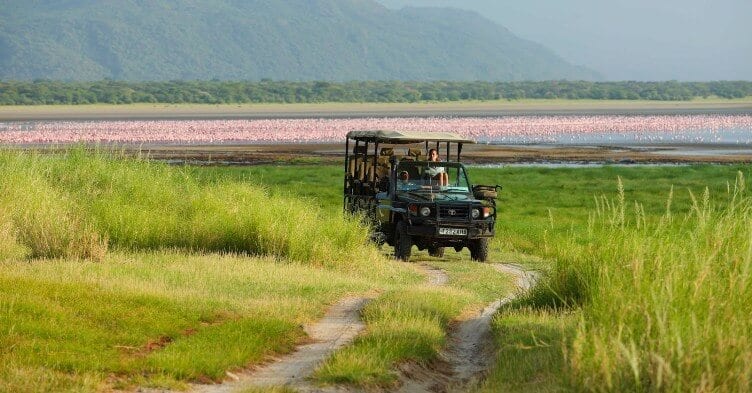
Our safari checklist
Paperwork
Passport and visa – these are one of the most important things to remember before you leave.
Proof of vaccinations – this is important if you are travelling to an area that requires a certain vaccination such as yellow fever.
Travel insurance – we advise travel insurance just in case something goes wrong. Peace-of-mind on your travels knowing you are covered by travel insurance.
Basic essentials
Hat, sunglasses, sunscreen and lip balm – you will need these items to protect you from the sun and make sure your lips do not dry out and crack. You'll thank us when you see all the five-star cuisine on offer.
Rehydration – take along a container for additional fluids to keep hydrated while on safari drives, walks or river safaris.
Glasses – if you wear contact lenses it would be advisable to wear your glasses instead as there will be a lot of dust that could irritate your eyes.
Entertainment
Binoculars – we suggest that you take a pair of binoculars with you. It will help you view the wildlife better.
Camera – you should take a good camera so that you can capture your experience and keep the memories.
Medical
Basic medical kit – this will help you if you get any minor scratches or insect bites. Remember to include antihistamine cream as that will help with the bites.
Anti-malarial – this is an extremely important medication because the majority of the safaris in Africa have a high risk of malaria. Remember to consult with your doctor at least 2-4 weeks before you travel. Malaria prophylaxis needs to be continued for some time after leaving a malaria region, so once again please consult your doctor.



























